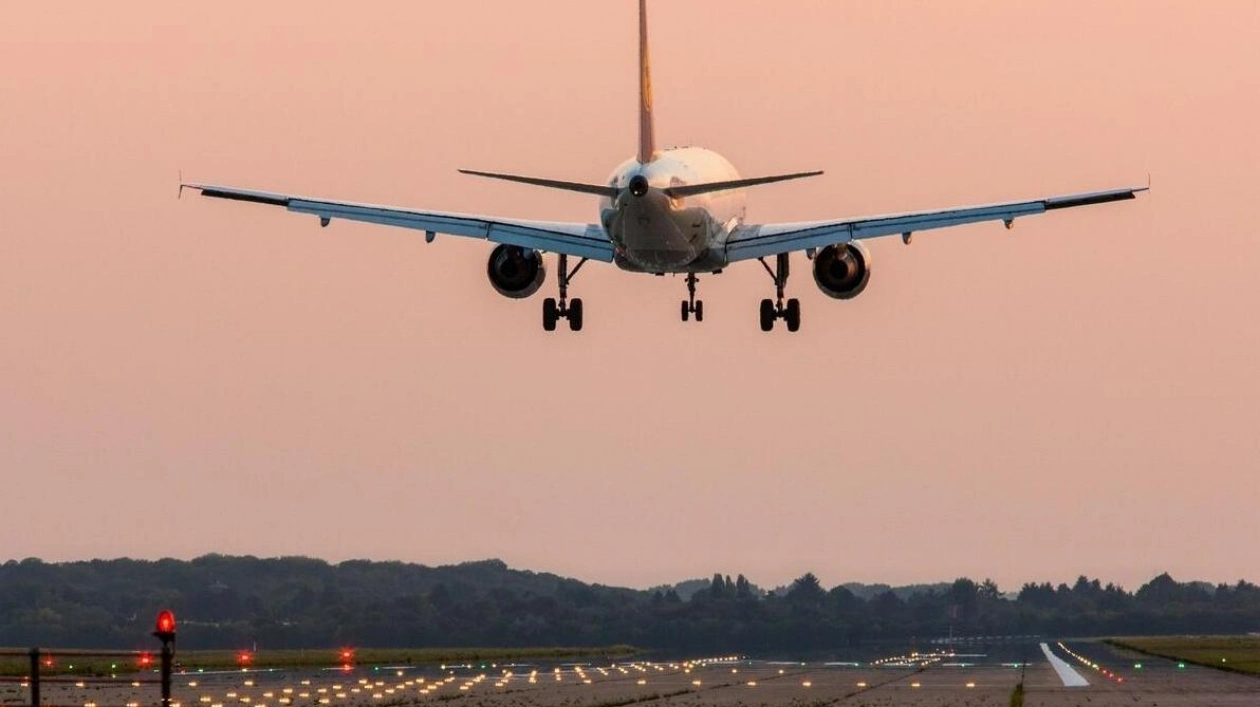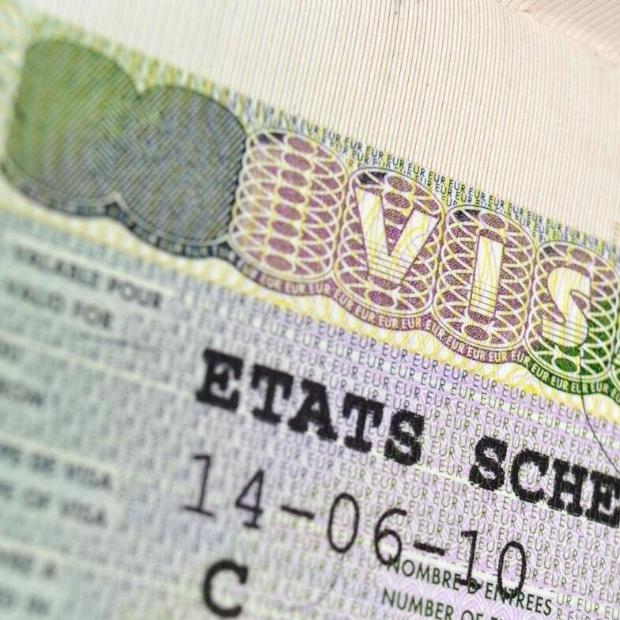Airlines are steering clear of Iranian and Lebanese airspace, and have cancelled flights to Israel and Lebanon, amid escalating fears of a regional conflict following the recent killing of key figures from Hamas and Hezbollah. Several flights have also ceased traversing Iranian airspace due to the heightened tensions. Singapore Airlines halted flights through Iranian airspace starting early Friday morning, opting for alternative routes, citing safety as their foremost concern, according to a statement to Reuters. Taiwan's EVA Air and China Airlines also seemed to be avoiding Iranian airspace for flights to Amsterdam on Friday, which previously transited through Iran, as indicated by Flightradar24 data. The airlines have yet to comment on these route adjustments. In a bulletin, OPSGROUP, an organization that provides flight risk information, advised flights between Asia and Europe to steer clear of Iranian and Iraqi airspaces, following reports that Iranian officials will meet with representatives from Lebanon, Iraq, and Yemen to discuss potential retaliation against Israel. Many airlines, including those from the US and Europe, already avoid flying over Iran, particularly since the missile and drone exchanges between Iran and Israel in April. Singapore Airlines' flight to London Heathrow on Friday morning took a northern route via Turkmenistan and Azerbaijan, instead of crossing through Iran, as Flightradar24 data showed. However, a considerable number of airlines on Friday continued to fly over Iran, including Etihad, Emirates, FlyDubai from the United Arab Emirates, as well as Qatar Airways and Turkish Airlines. Over the past two days, Air India, Lufthansa Group from Germany, US carriers United Airlines and Delta Air, and Italy's ITA Airways announced the suspension of flights to Tel Aviv. Airlines have also been cancelling and delaying flights to Beirut, the Lebanese capital, following a strike in the Israeli-occupied Golan Heights. Israel has accused Lebanon-based Hezbollah of the attack, a claim Hezbollah denies. Kuwait Airlines stated that the final flights from Beirut to Kuwait would operate on August 4. Air France announced on Saturday that it and its affiliate Transavia would extend their flight suspensions between Paris and Beirut until at least August 6, due to rising regional tensions. Air France had suspended flights between Paris and Beirut last Monday, two days after the strike in the Golan Heights that killed 12 children and teenagers, which Israel and the US blamed on Hezbollah. "Given the security situation (...) the airline extends its suspension of its flights between Paris and Beirut until August 6 included," Air France said in a statement, noting it was continuously monitoring the situation in Lebanon. "The resumption of service will depend on a new assessment of the situation on the ground," the company added, which is part of Air-France-KLM. Canada issued a notice to Canadian aircraft to avoid Lebanese airspace for a month due to the risk posed by military activities. Britain has advised pilots over the past month of potential risks from anti-aircraft weaponry and military activities in Lebanon's airspace. In the event of a full-scale war in the Middle East, OpsGroup warned that civil aviation could face risks from drones and missiles crossing airways, as well as increased risks of GPS spoofing—a phenomenon increasingly observed around Lebanon and Israel where military and other entities broadcast signals that deceive a plane's GPS system.

Text: Lara Palmer
03.08.2024
Flights to Israel and Lebanon Cancelled; Airlines Steer Clear of Iranian Airspace





